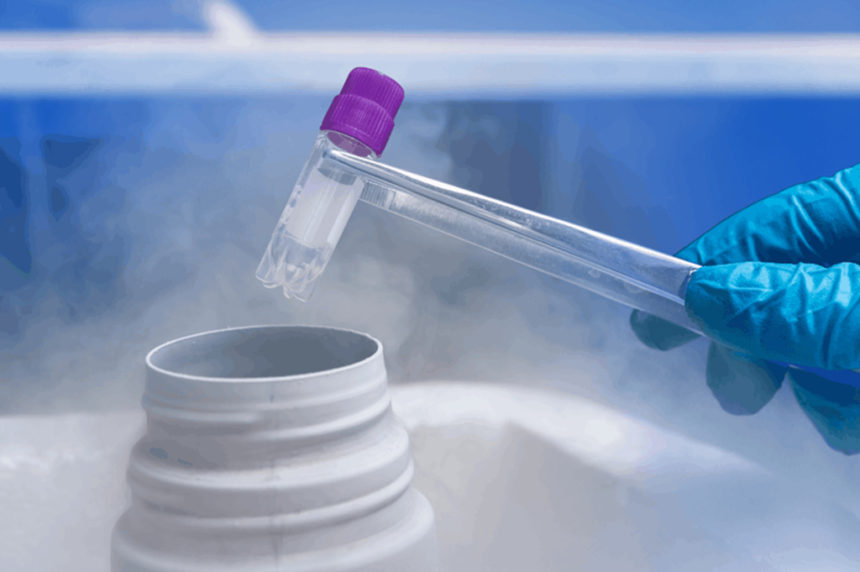Assisted reproductive technology comprises of several steps among which embryo transfer is one of the important and final steps in the process of in vitro fertilization. The term embryo transfer refers to the placement of pre-implantation embryos into the uterus of the female. The main objective of the procedure is to achieve pregnancy following implantation through IVF. The Embryo Transfer procedure is a critical step which requires to be more methodically studied.
A successful embryo transfer requires the joint clinical inputs of the doctor, embryologist, and the nursing staff. Additionally, this is a delicate procedure which needs to be performed with care for the embryo to stay viable after implantation.
Even prior to transfer, the various factors during the embryonic development stage can cause statistically significant changes to outcomes. These include:
- Genetic abnormalities within the embryo
- Culture conditions within the IVF Lab
And when we do come to the procedure of transfer, further factors inhibit successful outcomes. These include:
- Deficiencies in uterine receptivity – which can be alleviated with dosages of Progesterone and Estadriol
- Selection, Count of viable embryos & setting Day for transfer – This involves drawing an informed conclusion after a careful discussion (including historical success data, experiential data sharing and anecdotal evidence) between the doctor and the embryologist on the clinical factors including a history of pregnancy loss and miscarriages, history of obstetric surgeries, and viability of the uterus
- Technique for embryo transfer including catheter loading & catheter placement under USG guidance – A skilled embryologist in close coordination with a skilled clinician can ensure that an embryo transfer procedure is done in the shortest possible time and the embryos are transferred from an artificial growth ecosystem to a natural growth ecosystem without any loss to embryo viability.
- Test Transfer: Our experience suggests that test transfers are to be done in cases with clinical complexity to ensure that the actual procedure is seamless
IVF Access has developed a proprietary Resource Management Framework (RMF) to coordinate between the relevant stakeholders. This has ensured that the ET procedure itself is subjected to rigorous diligence to ensure highest outcome rates across couples with varying prognosis.


Leave a Reply